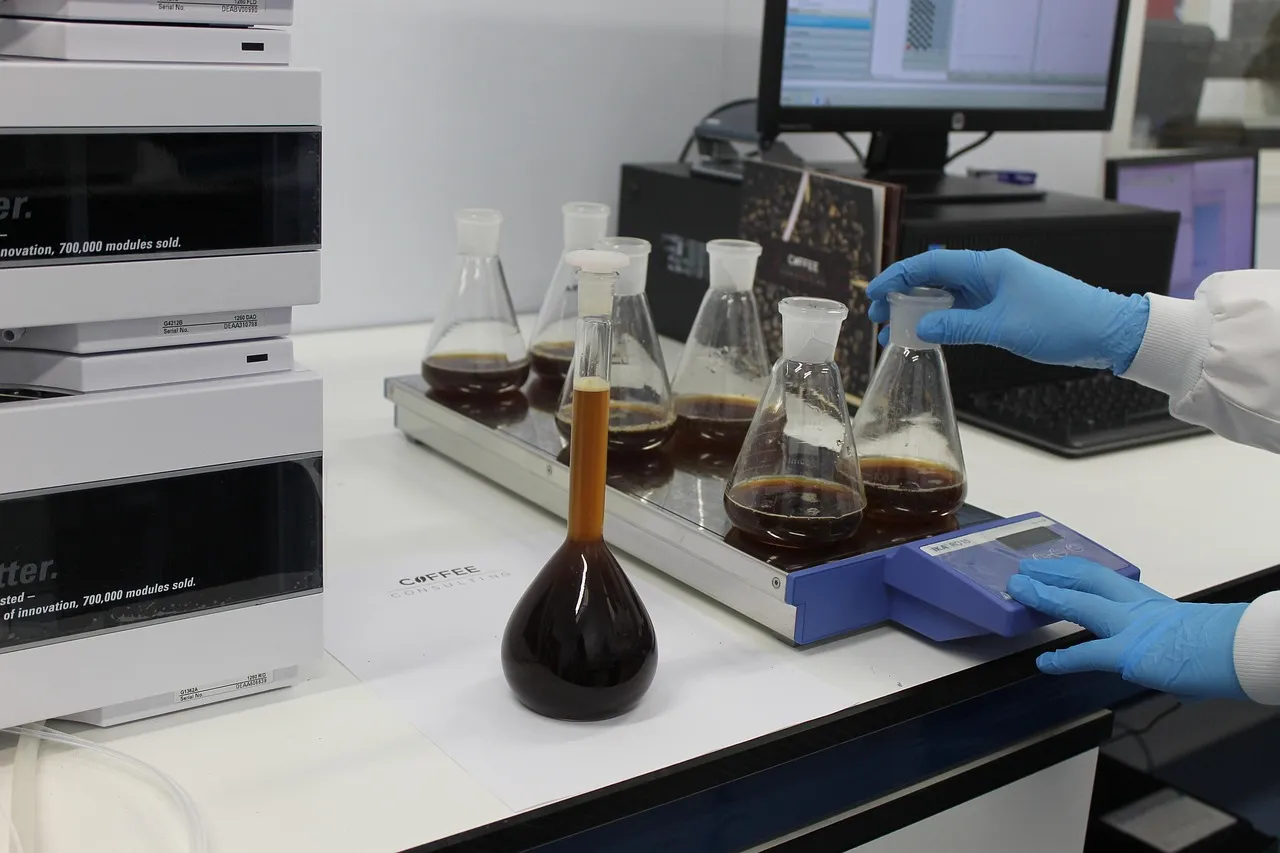
Response Pharmaceuticals Announces Positive Phase 2 Results for RDX-002 in Post-GLP-1 Obesity Management
Response Pharmaceuticals, Inc., a clinical-stage biopharmaceutical company focused on developing next-generation therapies for weight management and metabolic health, has reported encouraging top-line results from a double-blind, placebo-controlled Phase 2 clinical trial evaluating its investigational therapy, RDX-002, in individuals who had recently completed a course of GLP-1 receptor agonist (GLP-1RA) therapy for obesity.
The study—registered as NCT06640972—enrolled 68 participants at a single U.S. clinical site. It assessed the safety, efficacy, and metabolic impact of RDX-002 as a stand-alone (monotherapy) treatment in the post-GLP-1 setting, a scenario that is becoming increasingly relevant in modern obesity management.
The Post-GLP-1 Challenge in Obesity Care
Over the past decade, GLP-1 receptor agonists, such as semaglutide and tirzepatide, have transformed the treatment landscape for obesity and metabolic disorders. By enhancing satiety, slowing gastric emptying, and improving insulin sensitivity, GLP-1RAs have enabled millions of patients to achieve significant and sustained weight loss alongside improvements in cardiometabolic markers.
However, real-world adherence to GLP-1 therapy presents a challenge. Multiple clinical and observational analyses have shown that most patients discontinue GLP-1 treatment within 12 months—a discontinuation rate often driven by cost, side effects, or a combination of both.
The problem is that weight regain is common after discontinuation. In many cases, patients also lose the Response Pharma cardiometabolic benefits they achieved during active therapy, including improvements in lipid profiles, blood pressure, and inflammatory markers. This rebound effect represents a critical unmet need in obesity care—finding a way to help patients maintain their hard-earned weight loss and metabolic health after stopping GLP-1 treatment.
About RDX-002: A Targeted Approach to Lipid Absorption
RDX-002 represents a novel, targeted strategy to address this gap. Response Pharma The drug is a selective inhibitor of intestinal microsomal triglyceride transfer protein (iMTP)—a critical chaperone Response Pharma protein responsible for packaging and transporting dietary triglycerides and cholesterol within the small intestine.
By selectively inhibiting iMTP in the intestine, RDX-002 reduces the absorption of dietary fats into the bloodstream after meals. This mechanism can help lower postprandial triglyceride levels—a key driver of cardiovascular risk—while also potentially influencing body weight regulation.
This is distinct from the mechanism of GLP-1RAs, which work hormonally to reduce appetite and modify gut motility. As such, RDX-002 Response Pharma could be used both as a follow-on therapy after GLP-1 discontinuation and potentially in combination with GLP-1 agents for synergistic effects.
Phase 2 Study Design and Objectives
The Phase 2 trial was designed to provide proof-of-concept for RDX-002 in the post-GLP-1 setting.
Key aspects of the study design included:
- Population: 68 participants with obesity who had completed a GLP-1RA course.
- Randomization: Double-blind allocation to RDX-002 or placebo.
- Duration: 12 weeks of treatment.
- Endpoints:
- Primary: Change in postprandial triglyceride area under the curve (AUC) from baseline to week 12.
- Secondary: Change in body weight, total body fat mass, and additional cardiometabolic markers.
- Safety: Incidence and severity of adverse events (AEs), including gastrointestinal tolerability.
The study was conducted at a single U.S. site, allowing for standardized participant follow-up and metabolic testing.
Key Efficacy Results
The Response Pharma trial achieved statistically significant improvements in key endpoints:
- Reduction in Postprandial Triglycerides
Participants receiving RDX-002 experienced a mean reduction of –227.3 mg·hr/dL in postprandial triglycerides at week 12, compared with a +64.1 mg·hr/dL increase in the placebo group.- This represents a least-squares mean difference of –93.5% (p < 0.001), a highly statistically significant outcome.
- Lower postprandial triglycerides are associated with reduced cardiovascular disease risk, making this result clinically meaningful.
- Attenuation of Weight Regain After GLP-1 Discontinuation
- RDX-002 recipients regained significantly less weight after stopping GLP-1 therapy: –2.92% body weight change vs. placebo.
- This equates to a 34% relative difference (p = 0.019).
- Exploratory analysis of total body fat mass revealed a mean percent change at week 12 of 1.99% for RDX-002 compared with 6.71% for placebo, reinforcing the weight maintenance benefit.
- Improvement in Cardiometabolic Health Markers
Beyond lipid and weight effects, RDX-002 showed beneficial effects on:- Blood pressure reductions.
- High-sensitivity C-reactive protein (hsCRP), an inflammatory marker linked to cardiovascular risk.
Safety and Tolerability Profile
RDX-002 was well tolerated, with a safety profile consistent with prior studies:
- No serious adverse events (SAEs) were reported.
- No treatment discontinuations due to side effects.
- Mild to moderate gastrointestinal adverse events were observed, primarily early in treatment, and resolved over time.

This tolerability profile supports further development and may position RDX-002 as a patient-friendly follow-on therapy in the post-GLP-1 setting.
Investigator and Company Perspectives
Dr. William Sasiela, Chief Medical Officer at Response Pharmaceuticals, emphasized the clinical relevance of these findings:
“These results confirm our data from prior studies and highlight RDX-002’s potential to address what is increasingly recognized as a Response Pharma critical gap in obesity management following GLP-1RA therapy. We believe this mechanism of action offers a differentiated and complementary approach to help patients maintain—and over the long term enhance—the health benefits they achieve with GLP-1s.”
Dr. Sasiela also highlighted the ongoing open-label extension (OLE) study, which will provide 24-week follow-up data to assess the durability of benefits observed in the initial 12 weeks.
Eric Keller, Chief Executive Officer of Response Pharma Pharmaceuticals, linked the Phase 2 results to the company’s broader development goals:
“By targeting key pathways involved in metabolic regulation, we aim to provide a durable, well-tolerated solution that supports long-term weight management and cardiometabolic health. We remain committed to advancing the development of RDX-002 in our lead indication—antipsychotic-induced weight gain (AIWG)—and exploring its potential in other areas with significant unmet metabolic need.”
External expert Professor Chris Packard of the University of Glasgow reinforced the medical significance:
“Many people regain weight and see the return of adverse cardiometabolic profiles after stopping GLP-1 therapy. A novel treatment that can sustain and build upon the gains achieved with GLP-1 receptor agonists represents an important potential advance in long-term obesity care.”
Implications for Obesity Treatment Paradigms
If future studies confirm these results, RDX-002 could represent the first therapy specifically designed for post-GLP-1 obesity management—a new category in the weight management space.
Its mechanism is Response Pharma complementary rather than competitive with GLP-1RAs, opening potential pathways for combination therapy. The concept is similar to how combination lipid-lowering strategies evolved in cardiology, where statins and ezetimibe work through distinct mechanisms to achieve better outcomes.
Next Steps in Development
Response Pharmaceuticals plans several follow-up actions:
- Complete and Analyze the Open-Label Extension Study
- Extending treatment to 24 weeks will help confirm the durability of benefits in lipid management, weight control, and cardiometabolic health.
- Advance RDX-002 in AIWG (Antipsychotic-Induced Weight Gain)
- This is a metabolically vulnerable population where weight gain contributes significantly to cardiovascular and diabetes risk.
- Explore Combination and Other Indications
- Combining RDX-002 with GLP-1RAs or other metabolic therapies could deliver synergistic benefits.
- Additional indications, such as nonalcoholic steatohepatitis (NASH) and familial hyperlipidemia, may be explored.
Anticipated Data Presentation
Full data from this Phase 2 trial will be presented at an upcoming scientific meeting, providing more detail on secondary endpoints, subgroup analyses, and mechanistic insights.
RDX-002’s Phase 2 results Response Pharma offer promising evidence that a selective iMTP inhibitor can help maintain weight loss, reduce fat absorption, and improve cardiometabolic markers after GLP-1 therapy discontinuation. If these findings hold in larger, longer trials, RDX-002 could become a key tool for addressing one of the biggest challenges in modern obesity management: keeping the weight off once the initial treatment stops.





